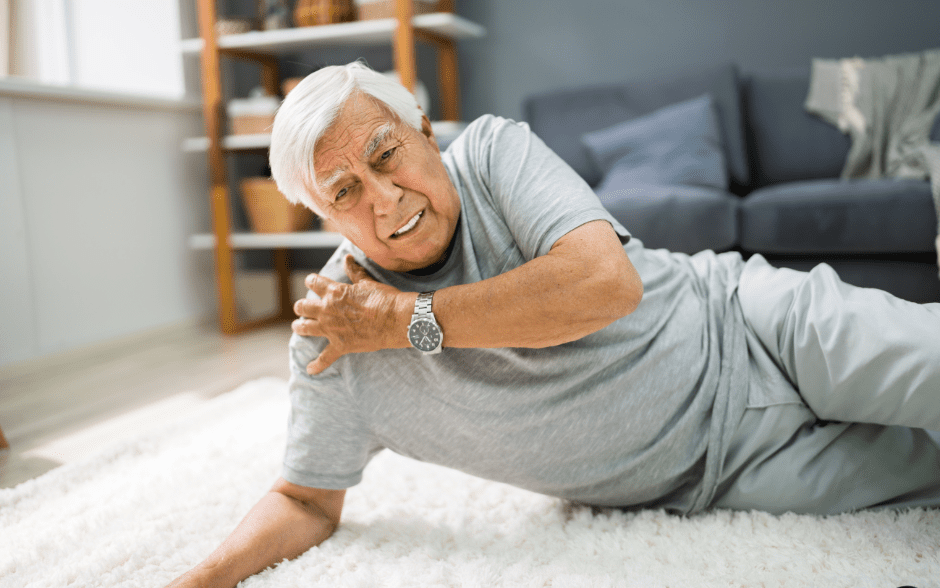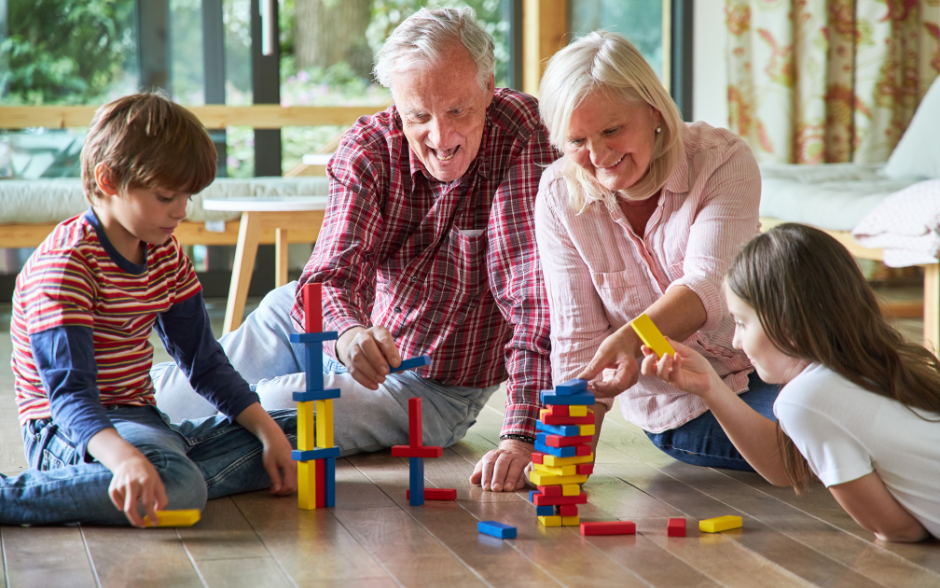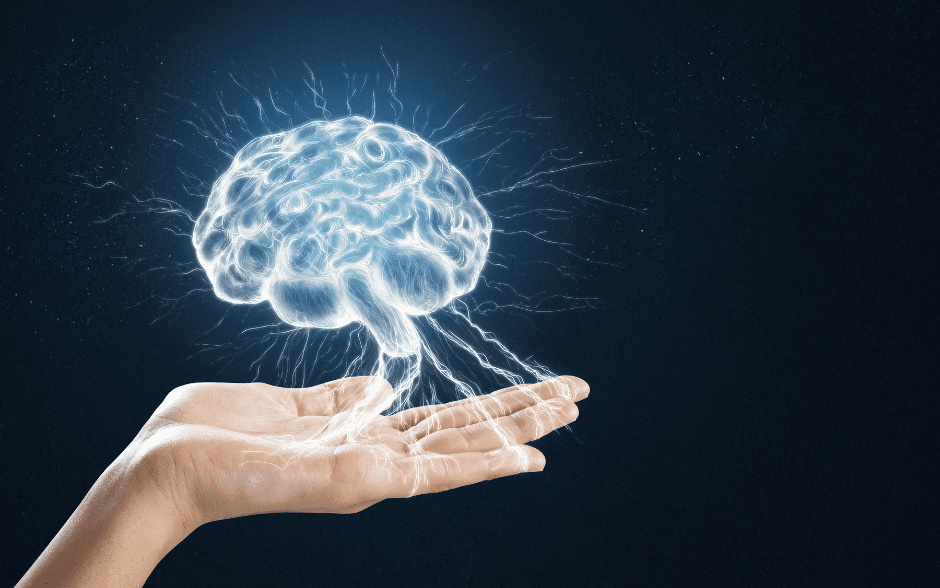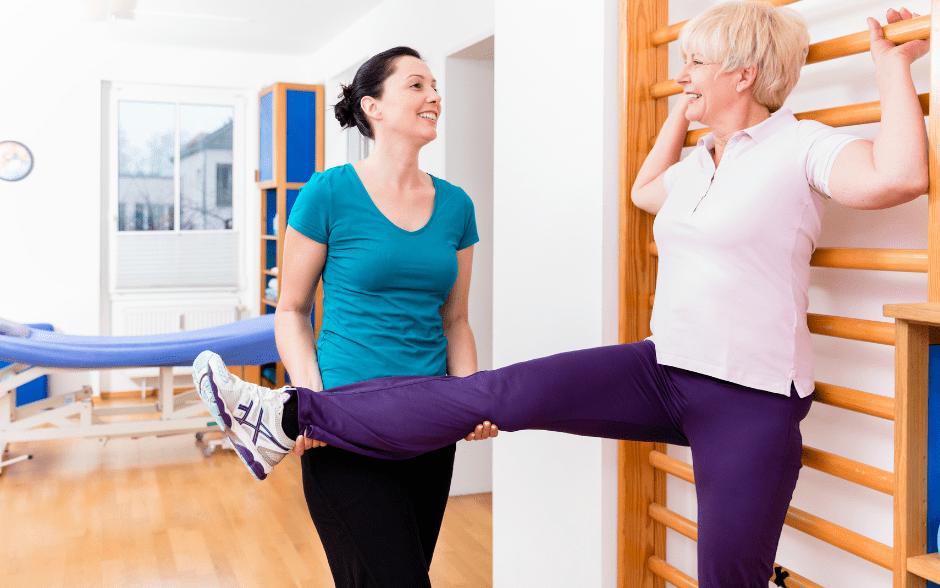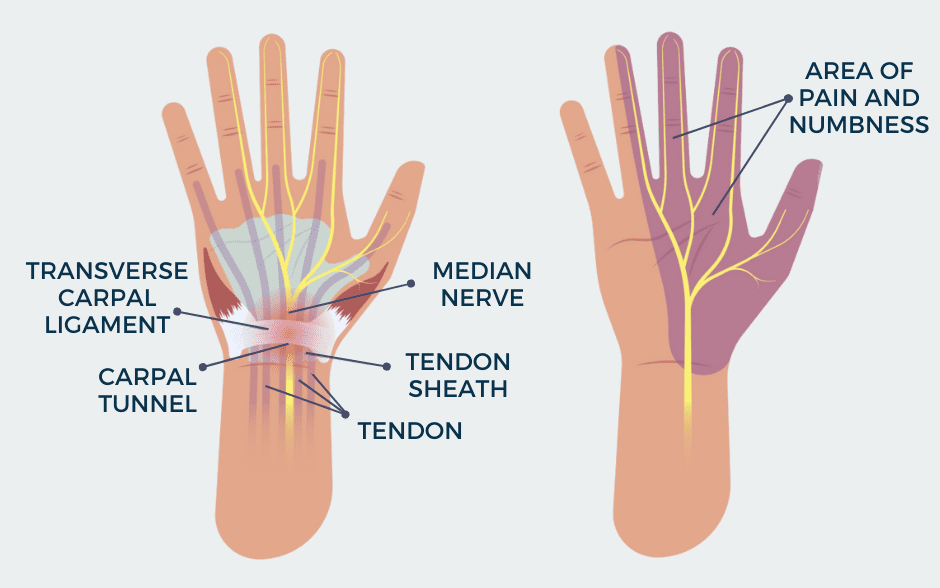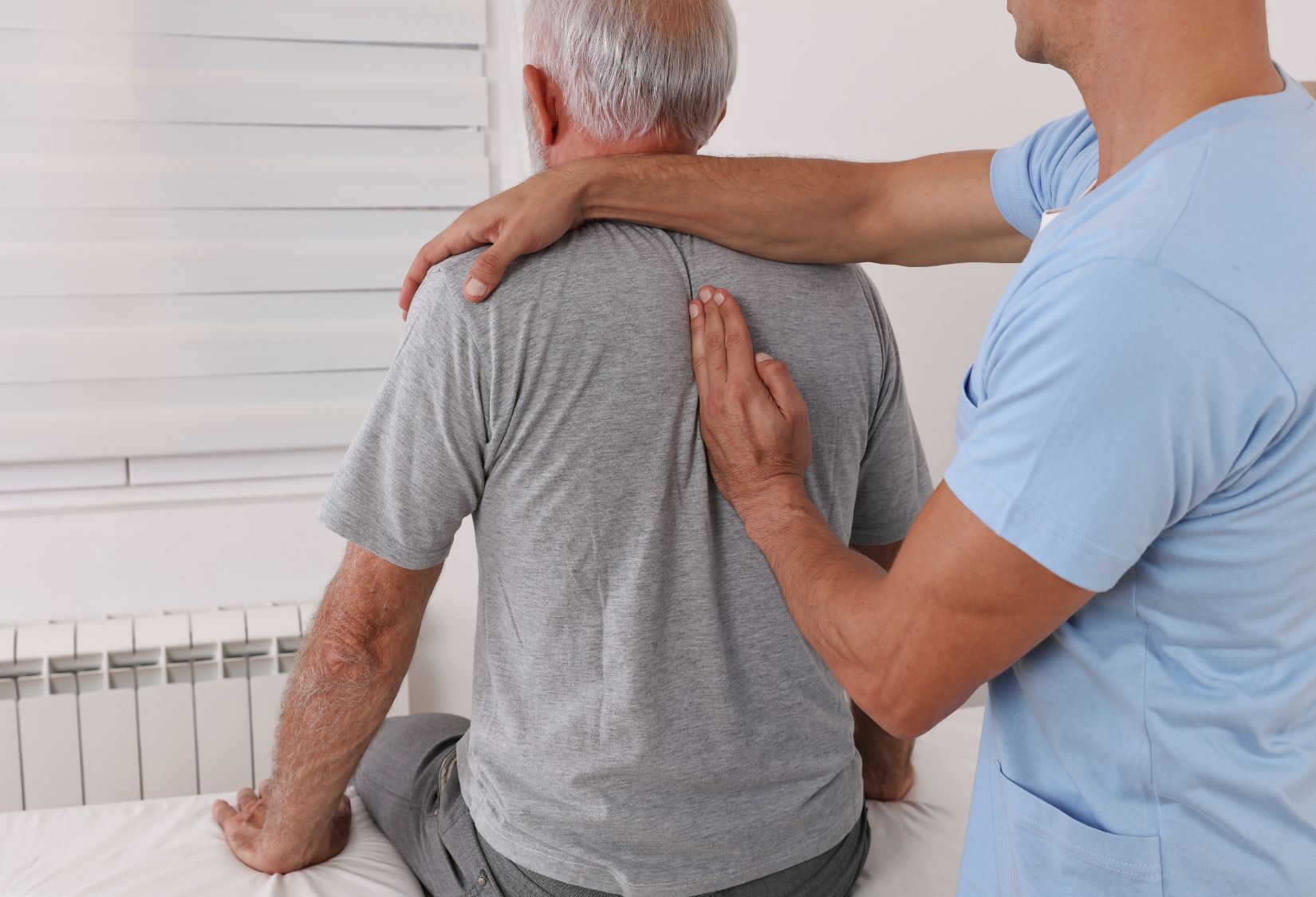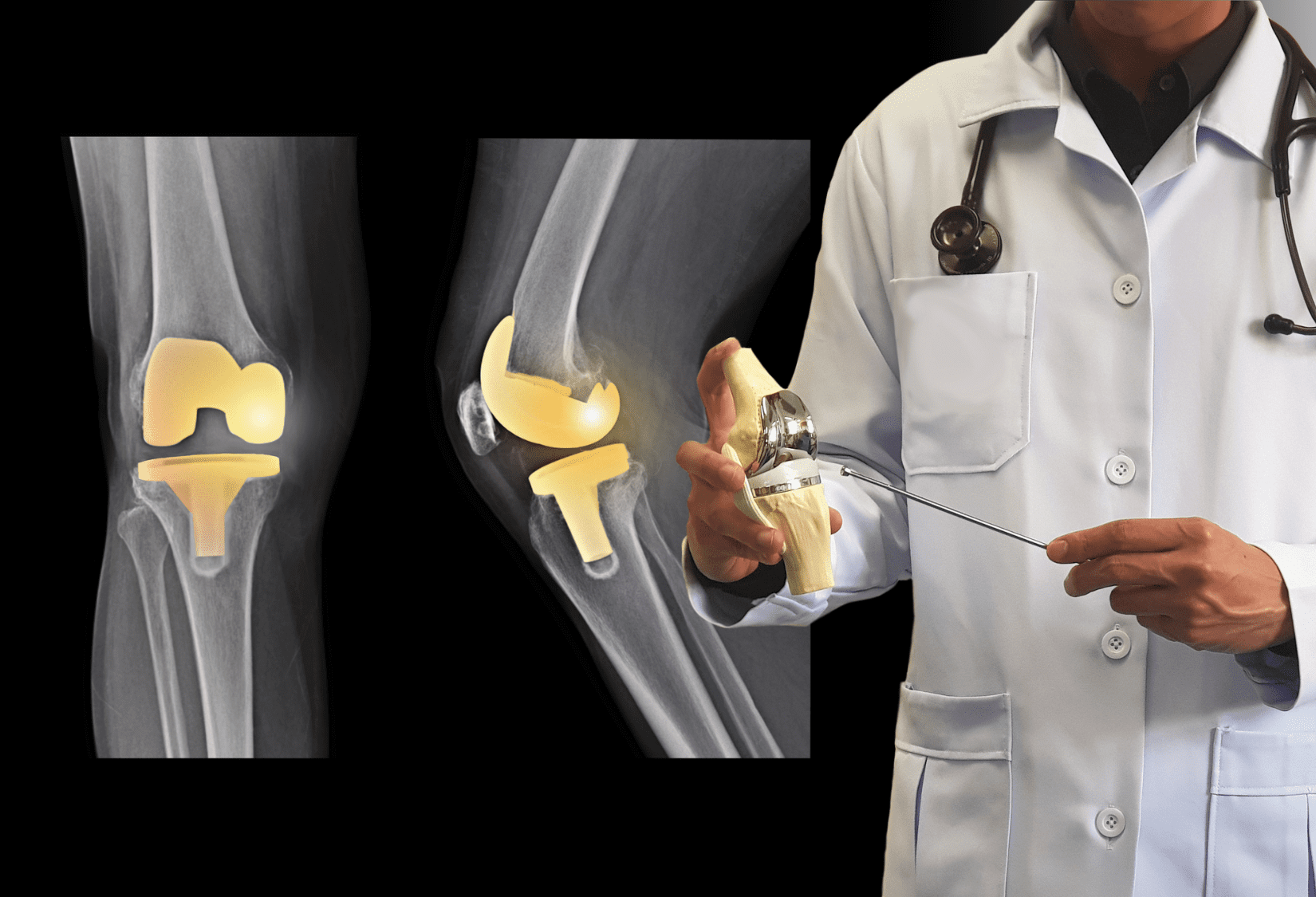As we get older, the risk of falling becomes a major concern. Research shows that for those over 60 years of age, falls contribute to one-third of all injuries. Furthermore, the risk of falls only increases as we age, with one in two seniors over 80 being at risk of falling. Falls can have serious implications, especially for older adults. They are the main cause of injuries and deaths among the elderly and can lead to long-term health issues. In this blog, we’ll discuss the risks and consequences of falling in the elderly, as well as ways to prevent falls from happening.
Falls can have significant consequences, such as head trauma, fractures, or lacerations. These injuries can lead to hospitalization, rehabilitation, and a lower quality of life. Often they also cause fear and loss of confidence, which can impact a person’s overall physical and mental health. Many factors increase the risk of incidents, including poor vision, weak muscles, chronic illnesses like arthritis or Parkinson’s, medication side effects, and environmental hazards like slippery floors, or uneven surfaces. It is crucial to identify these risk factors early to prevent falls from happening.
Falls prevention
Preventing falls is possible with some straightforward actions and precautions. The first and foremost step is to ensure a safe living environment by eliminating all potential hazards. This includes keeping pathways free from clutter, securing loose rugs, and ensuring proper lighting in every room. Effective measures to prevent slips and falls in the bathroom include installing grab bars and using non-slip mats in the shower or bathtub.
Maintaining good balance and strength is another key aspect of fall prevention. Engaging in regular physical activity, such as walking, dancing, or exercise classes, can help strengthen muscles and improve balance. Include balance-targeting exercises like yoga or tai chi in your routine.
It is crucial to go over medications with a healthcare provider to avoid falls caused by side effects such as drowsiness or dizziness. Patients should follow medication instructions and report side effects to their healthcare provider. Lastly, it’s important to take care of overall health. Eating a balanced diet, staying hydrated, and getting regular check-ups are all important aspects of maintaining good health, which can help reduce the risk of falls.
It is important to act quickly in the event of a fall to minimize harm and prevent additional falls. Seeking medical attention immediately can decrease the chances of complications and increase the probability of a complete recovery. Physical therapy or home alterations may be recommended to prevent future falls caused by underlying risk factors.
Always keep in mind that preventing falls requires a proactive approach. It’s important to acknowledge the risk factors and establish prevention methods to lower the possibility of accidents. In case of a fall, prompt intervention and care can significantly aid in a complete recovery. By being proactive we can preserve our mobility, independence, and overall well-being as we age.
Stay safe, and take care!

